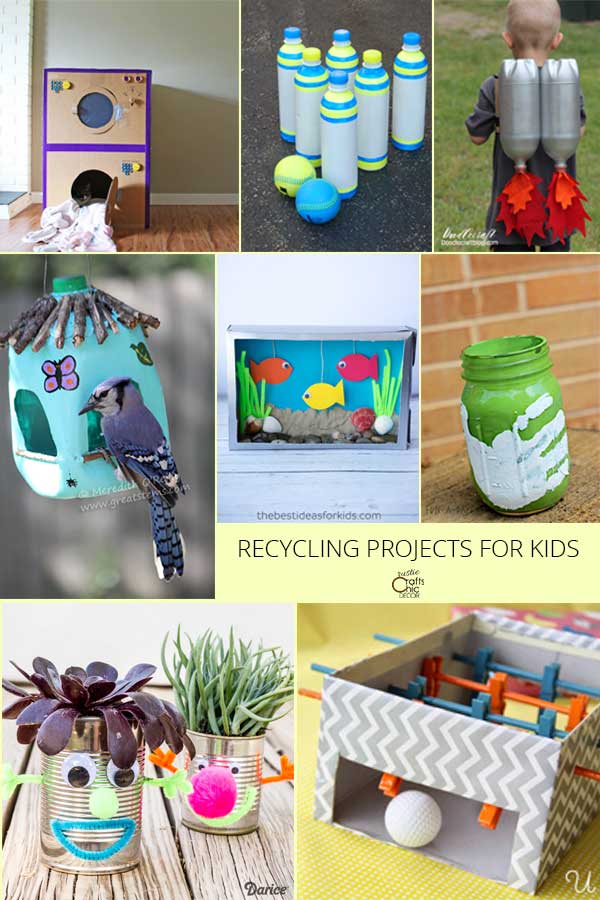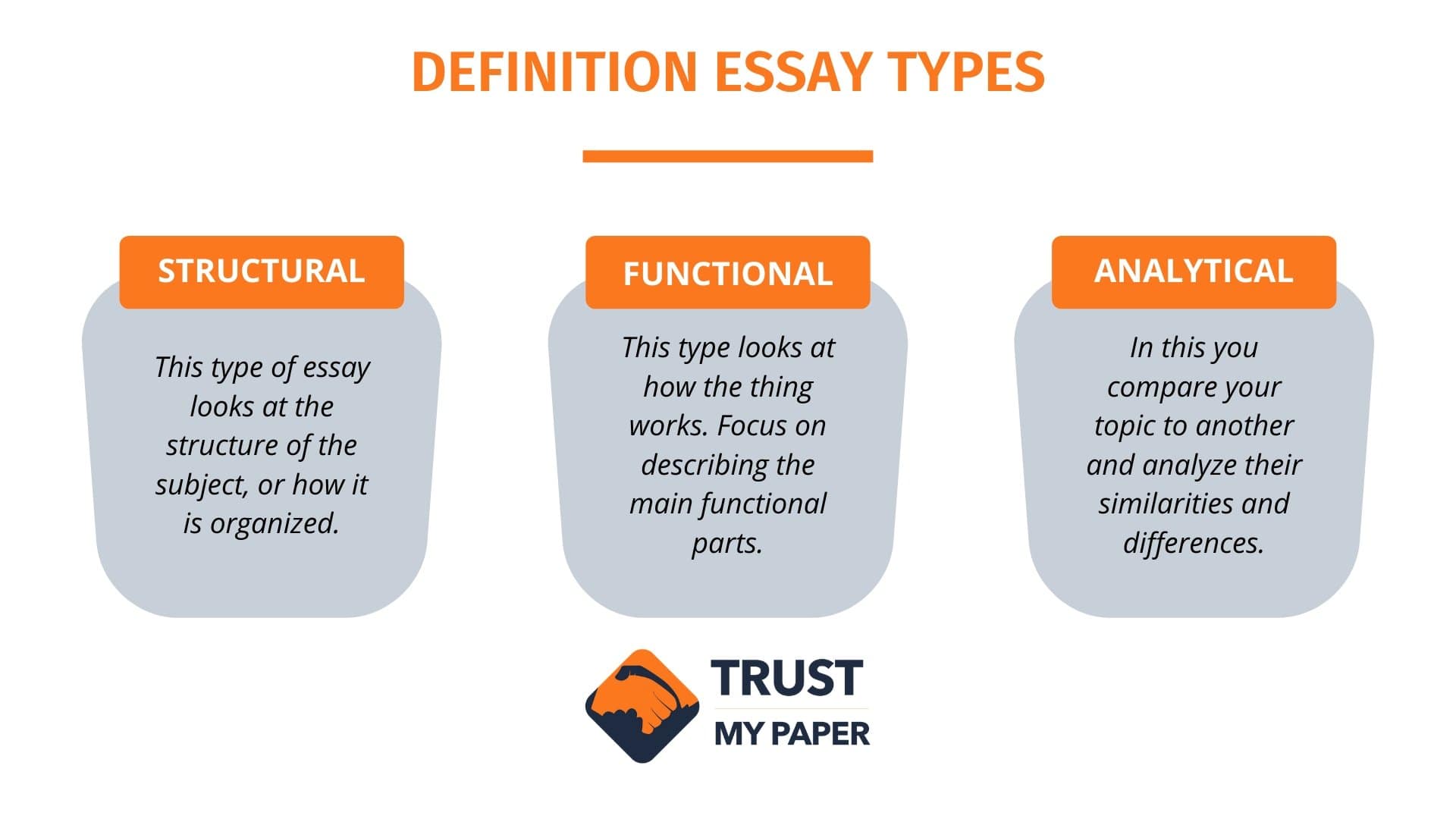Recycling Ideas For Schools Projects 2025
Recycling Ideas for Schools Projects 2025
Related Articles: Recycling Ideas for Schools Projects 2025
- 18th Birthday Party Ideas For Guys In 2025: The Ultimate Guide To An Unforgettable Celebration
- 2 Truths And A Lie Ideas 2025: Creative And Thought-Provoking Concepts
- Pantry Organization Ideas And Designs For 2025: A Comprehensive Guide
- Idealab 2025: Shaping The Future Of Technology And Innovation
- Painting Ideas On Canvas Easy 2025: Unleash Your Inner Artist With These Beginner-Friendly Creations
Introduction
In this auspicious occasion, we are delighted to delve into the intriguing topic related to Recycling Ideas for Schools Projects 2025. Let’s weave interesting information and offer fresh perspectives to the readers.
Table of Content
Video about Recycling Ideas for Schools Projects 2025
Recycling Ideas for Schools Projects 2025

Introduction
In the face of an ever-evolving global climate crisis, it is imperative that we foster a culture of sustainability and environmental consciousness in our future generations. Schools play a pivotal role in shaping the values and habits of young minds, making them ideal platforms to promote recycling and waste reduction initiatives. This article presents a comprehensive guide to recycling ideas for school projects in 2025, empowering educators and students to make a tangible difference in the fight against climate change.
Understanding the Importance of Recycling
Recycling is the process of transforming waste materials into new and usable products, thereby diverting them from landfills and reducing the need for raw material extraction. It offers numerous environmental, economic, and social benefits, including:
-
Environmental Conservation: Recycling helps preserve natural resources by minimizing the consumption of virgin materials. It reduces greenhouse gas emissions associated with extracting, transporting, and processing raw materials.
-
Economic Savings: Recycling can significantly lower waste disposal costs for schools and communities. By reducing the amount of waste sent to landfills, schools can save on tipping fees and generate revenue through the sale of recyclable materials.
-
Social Responsibility: Recycling fosters a sense of community and civic duty. It teaches students the importance of environmental stewardship and encourages them to become active participants in addressing global challenges.
Creative Recycling Projects for Schools
-
Paper Pulp Art: Transform discarded paper into vibrant and unique pieces of art. Soak paper in water, blend it into a pulp, and mold it into various shapes. Use natural dyes or acrylic paints to add color and create stunning sculptures, ornaments, or paper-mâché projects.
-
Recycled Plastic Planters: Give plastic bottles a new life by converting them into functional planters for indoor or outdoor use. Cut the top and bottom off the bottles, create drainage holes, and fill them with soil. Plant herbs, flowers, or small vegetables to create a vibrant and sustainable garden.
-
Upcycled Fabric Creations: Repurpose old clothes, curtains, or tablecloths into stylish and practical items. Cut fabrics into strips, braid them together, and sew them into tote bags, coasters, or decorative wall hangings. Use different patterns and colors to create unique and eye-catching pieces.
-
Recycled Cardboard Furniture: Transform cardboard boxes into sturdy and comfortable furniture. Cut and assemble the cardboard into various shapes to create chairs, stools, or even a desk. Cover the cardboard with fabric or paint it to enhance its aesthetic appeal and durability.
-
Waste-to-Energy Projects: Explore the potential of converting waste into renewable energy sources. Build a small-scale biogas digester using organic waste from the school cafeteria or local farms. The biogas produced can be used to generate electricity or heat the school building.
-
Community Recycling Drives: Organize school-wide or community-wide recycling drives to collect and properly dispose of recyclable materials. Partner with local recycling centers or waste management companies to ensure efficient collection and processing.
-
Composting Initiatives: Establish a composting program to divert organic waste, such as food scraps and yard trimmings, from landfills. Create a designated compost bin or pile and educate students on the benefits of composting for soil health and waste reduction.
-
Recycled Paper Crafts: Teach students the art of making paper from recycled materials. Collect scrap paper, soak it in water, and blend it into a pulp. Spread the pulp onto a screen and let it dry to create unique and eco-friendly paper for art projects or stationery.
Empowering Students through Recycling Projects
Beyond environmental benefits, recycling projects offer valuable educational opportunities for students:
-
Science and Technology: Students learn about the principles of waste management, material properties, and environmental science. They develop critical thinking skills and problem-solving abilities through hands-on projects.
-
Art and Creativity: Recycling projects foster students’ creativity and imagination. They experiment with different materials, explore new techniques, and create unique and meaningful works of art.
-
Social Responsibility: Students develop a sense of civic duty and environmental stewardship. They learn about the importance of reducing waste, conserving resources, and contributing to a sustainable future.
Conclusion
By implementing these innovative recycling ideas in school projects, educators can inspire students to become agents of change and contribute to a more sustainable future. Through hands-on experiences, students learn the value of waste reduction, develop their creativity, and cultivate a lifelong commitment to environmental responsibility. By embracing these initiatives, schools can empower the next generation to address the pressing challenges of climate change and create a greener and more sustainable world for all.
![[IMGSRCTITLE2]](https://resources.pepsicorecycling.com/app/uploads/2021/02/No-One-too-Small.jpg)
![[IMGSRCTITLE3]](https://i.pinimg.com/originals/b5/da/a5/b5daa592ae8028654bac3200550ca890.jpg)
![[IMGSRCTITLE4]](https://resources.pepsicorecycling.com/app/uploads/2021/02/Anchor-Chart-what-to-recycle-1.jpg)
![[IMGTITLE5]](https://resources.pepsicorecycling.com/app/uploads/2021/02/recycling-display.jpg)
![[IMGTITLE6]](https://resources.pepsicorecycling.com/app/uploads/2021/02/poster-edited.jpg)
![[IMGTITLE7]](https://resources.pepsicorecycling.com/app/uploads/2021/02/Know-the-place-for-your-waste.jpg)
![[IMGTITLE8]](https://www.thecrafttrain.com/wp-content/uploads/2021/04/Recycled-crafts-pin-2.jpg)
![[IMGTITLE9]](https://www.craftprojectideas.com/wp-content/uploads/2020/04/HEADER-copy-2-1.jpg)
Closure
Thus, we hope this article has provided valuable insights into Recycling Ideas for Schools Projects 2025. We thank you for taking the time to read this article. See you in our next article!

![[IMGSRCTITLE2]](https://www.verywellmind.com/thmb/O7CgekA3-tr1sjJAPYIG5OBOzKE=/1500x0/filters:no_upscale():max_bytes(150000):strip_icc()/2795729-psychology-paper-topics-5b06ee8c119fa8003aba74b5.png)
![[IMGSRCTITLE3]](https://www.theassignmentninjas.com/storage/images/50-research-topic-ideas-for-psychology_1687516997.png)
![[IMGSRCTITLE4]](https://image4.slideserve.com/7190278/40-psychology-research-paper-topics-l.jpg)
![[IMGTITLE5]](https://mypaperdone.com/blog/wp-content/uploads/2021/02/psychology-research-topics-1024x576.jpg)
![[IMGTITLE6]](https://www.wordsdoctorate.com/uploads/service/IMG1_1648118930_Research%20topics%20for%20psychology%20-%20Words%20Doctorate.jpg)
![[IMGTITLE7]](https://www.edumagnate.com/blog/wp-content/uploads/2022/08/Psychology-Research-Topics.png)
![[IMGTITLE8]](https://mypaperwriter.com/blog/wp-content/uploads/2021/11/Psychology-Research-Topics.jpg)
![[IMGTITLE9]](https://writeanypapers.com/blog/wp-content/uploads/2019/02/psychology-research-paper-topics.png)

![[IMGSRCTITLE2]](https://i.pinimg.com/originals/c3/da/59/c3da5934c767ceed551c40e7fce08a61.jpg)
![[IMGTITLE5]](https://myinvestmentideas.com/wp-content/uploads/2020/01/Future-Business-Ideas-New-Business-Ideas-for-2020-and-beyond.jpg)
![[IMGTITLE6]](https://thumbs.dreamstime.com/z/happy-new-year-long-shadow-design-template-modern-invitations-cards-prints-calendar-greeting-holidays-flyers-179107416.jpg)
![[IMGTITLE7]](https://www.futureagenda.org/wp-content/uploads/2020/03/2025-1280x800-c-center.jpg)
![[IMGTITLE8]](https://i0.wp.com/mynewbusinessideas.com/wp-content/uploads/2022/07/Top-10-Best-Future-Business-Ideas-for-2025-2030.webp?resize=930%2C620u0026ssl=1)
![[IMGTITLE9]](https://www.gettingsmart.com/wp-content/uploads/2019/01/Future-Technology-Feature-Image.jpg)

![[IMGSRCTITLE2]](https://www.thespacechannel.org/wp-content/uploads/2018/07/maxresdefault-3.jpg)
![[IMGSRCTITLE3]](https://www.liveenhanced.com/wp-content/uploads/2018/06/new-technology-inventions-for-the-future-1.jpg)
![[IMGSRCTITLE4]](https://www.liveenhanced.com/wp-content/uploads/2018/06/new-technology-inventions-for-the-future-3.jpg)
![[IMGTITLE5]](https://i.ytimg.com/vi/gpt9pUJ3Pe8/maxresdefault.jpg)
![[IMGTITLE6]](https://www.liveenhanced.com/wp-content/uploads/2018/06/new-technology-inventions-for-the-future-13-1024x683.jpg)
![[IMGTITLE7]](https://assets.weforum.org/editor/nEx-0cHIhc0hawxVtc1z3xicZ75uf7qcecMJ3c6yu8E.jpg)
![[IMGTITLE8]](https://i.pinimg.com/originals/0d/b5/f3/0db5f328e32661e4c1a67a17e781496a.jpg)
![[IMGTITLE9]](https://www.liveenhanced.com/wp-content/uploads/2018/06/new-technology-inventions-for-the-future-2-1024x683.jpg)

![[IMGSRCTITLE2]](https://i.pinimg.com/originals/8f/b6/a5/8fb6a585e67af0a2256cf868b3dfb188.jpg)
![[IMGSRCTITLE3]](https://www.zybra.in/wp-content/uploads/2021/08/Best-business-ideas-for-2025-India.jpg)
![[IMGSRCTITLE4]](https://i.pinimg.com/originals/cf/0a/bc/cf0abc991e9ed82fd42db51afaa007ce.jpg)
![[IMGTITLE5]](https://i1.wp.com/asiatimes.com/wp-content/uploads/2020/04/India-Work-From-Home-Covid-19.jpg?fit=1200%2C874u0026ssl=1)
![[IMGTITLE6]](https://workfromhomehappiness.com/wp-content/uploads/2015/11/pinterest_home_business-1-600x900.jpg)
![[IMGTITLE7]](http://static1.squarespace.com/static/5ab61c67ec4eb7ab7a2f40f2/t/600ec41c3e161e647bf64a34/1611580463743/GOPR2089-01.jpeg?format=1500w)
![[IMGTITLE8]](https://i.pinimg.com/originals/03/17/d7/0317d730dbf0fe68248b5f28ea7a9f7b.jpg)
![[IMGTITLE9]](https://www.govtjobslatest.in/wp-content/uploads/2020/07/Work-from-home-jobs-india.png)

![[IMGSRCTITLE2]](https://i.etsystatic.com/18675418/r/il/ee49cf/2251934199/il_fullxfull.2251934199_cowe.jpg)
![[IMGSRCTITLE3]](https://archziner.com/wp-content/uploads/2020/05/cake-placed-on-wooden-cake-stand-80th-birthday-party-favors-decorated-with-flowers-80-and-stunning-cake-topper.jpg)
![[IMGSRCTITLE4]](https://www.tabledecoratingideas.com/static/img/gorgeous-flowers-and-picture-frame-decor-on-80th-birthday-table-730.jpg)
![[IMGTITLE6]](https://i.pinimg.com/originals/95/a4/18/95a4180f73bb0928920f2ecdb278770e.jpg)
![[IMGTITLE7]](https://coolandfantastic.com/wp-content/uploads/2020/02/80th-birthday-gift-ideas-for-mom-beautiful-the-flying-stamper-mom-s-80th-birthday-card-of-80th-birthday-gift-ideas-for-mom.jpg)
![[IMGTITLE8]](https://cdn2.stylecraze.com/wp-content/uploads/2021/11/80th-Birthday-Party-Ideas-For-Mom.jpg)
![[IMGTITLE9]](https://archziner.com/wp-content/uploads/2020/05/cake-covered-with-white-buttercream-happy-80th-birthday-flowers-on-top.jpg)

![[IMGSRCTITLE2]](https://assets.ltkcontent.com/images/1701653/Definition-Essay-and-Topic-Ideas-Example-22_27c5571306.jpg)
![[IMGSRCTITLE3]](https://wr1ter.com/wp-content/uploads/2023/05/definition-essay-topics-1024x676.jpg)
![[IMGSRCTITLE4]](https://d2rmc9mzy0tp9d.cloudfront.net/complete-guide-for-definition-essay-topics_1683263439.jpg)
![[IMGTITLE5]](https://writeondeadline.com/wp-content/uploads/2019/05/DEFINITION-ESSAY-TOPICS.png)
![[IMGTITLE6]](https://privatewriting.net/wp-content/uploads/2021/02/source-09-scaled.jpg)
![[IMGTITLE7]](https://peachyessay.com/wp-content/uploads/2020/11/essay-outline-837x1024.jpg)
![[IMGTITLE8]](https://s3.studylib.net/store/data/025338449_1-363cadb4222d197494d3674908019f42-768x994.png)
![[IMGTITLE9]](https://assets-global.website-files.com/5e5d43546b94f97f39c228fa/5e8afa128416a188d4ebfc73_Definition-Essay-topics.png)
![[IMGSRCTITLE2]](https://www.hulhub.com/images/home/blog/12-Ways-Technology-Could-Change-the-World-by-2025.jpg)
![[IMGSRCTITLE4]](https://assets.entrepreneur.com/content/3x2/2000/20190425143046-GettyImages-1025745040.jpeg)
![[IMGTITLE5]](https://wiipa.org/wp-content/uploads/2023/03/photo_2023-03-25_23-12-23.jpg)
![[IMGTITLE6]](https://s3.amazonaws.com/mentoring.redesign/s3fs-public/GettyImages-1150198297.jpg)
![[IMGTITLE7]](https://www.frost.com/wp-content/uploads/2021/02/Virtual-reality-PR-resized.jpg)
![[IMGTITLE8]](https://images.immediate.co.uk/production/volatile/sites/4/2018/08/22-ideas-606ea9b.jpg?quality=90u0026crop=8px,0px,1183px,509pxu0026resize=960,413)
![[IMGTITLE9]](https://1.bp.blogspot.com/-wpN2zvg7iWM/UyWQSR-af7I/AAAAAAAAYCc/7n4M6bl78mA/s1600/how-technology-is-shaping-the-future-of-online-marketing-infographic.png)

![[IMGSRCTITLE2]](https://s3-ap-southeast-1.amazonaws.com/maqe-com-4-media-uploads/content/uploads/2020/04/07172814/IN_DEsignthinking_Design-Thinking-2.png)
![[IMGSRCTITLE3]](https://media.nngroup.com/media/editor/2016/07/29/designthinking_illustration_final-01-01.png)
![[IMGSRCTITLE4]](https://www.designmantic.com/blog/wp-content/uploads/2015/03/User-Centric-Design.jpg)
![[IMGTITLE5]](https://easyretro.io/_nuxt/img/design-thinking-stages.3b44613.png)
![[IMGTITLE6]](https://public-images.interaction-design.org/literature/articles/materials/HCh58dNyAJ7WNIOajGzgQlNfEcOpGhAkAb7c7v5J.jpg)
![[IMGTITLE7]](https://www.cabinet-gtec.fr/blogtec/wp-content/uploads/2020/06/adobestock_322240927-scaled.jpeg)
![[IMGTITLE8]](https://static.projectmanagement.com/images/blogs/Design2.png)
![[IMGTITLE9]](https://www.level7live.com/wp-content/uploads/2020/05/stages-of-design-thinking-level-seven-cropped.png)

![[IMGSRCTITLE2]](https://m.media-amazon.com/images/I/91znW1da5+L.jpg)
![[IMGSRCTITLE3]](https://s7d7.scene7.com/is/image/Baudville/BV_73716T_OPEN?$line1=u0026$line2=u0026$line3=u0026$line4=u0026$line5=u0026$line6=u0026$linelp=u0026layer=0u0026hide=0u0026color=F0F0F0u0026layer=1u0026hide=0u0026layer=2u0026hide=1u0026layer=3u0026op_colorize=0000FFu0026hide=0u0026layer=4u0026hide=0u0026op_colorize=FF0000u0026layer=5u0026hide=0u0026op_colorize=00FF00u0026$bv_detail_wide_2x$)
![[IMGSRCTITLE4]](https://i.pinimg.com/originals/3a/22/40/3a22400ee38509bc0b4461d749ce32d1.jpg)
![[IMGTITLE5]](https://i.pinimg.com/736x/5d/94/1b/5d941bb8c25e9a0719b20aad6073d7c6.jpg)
![[IMGTITLE6]](https://i.etsystatic.com/8909343/r/il/a94321/3818307932/il_fullxfull.3818307932_tm1m.jpg)
![[IMGTITLE7]](https://www.jostensrenaissance.com/wp-content/uploads/2016/03/TokenofAppreciation1280x720-1024x576.jpg)
![[IMGTITLE8]](https://cdn11.bigcommerce.com/s-jl6azsq4yb/images/stencil/2560w/products/1185/4593/token-of-appreciation-cards-100-crop__67628.1639591236.jpg?c=2)
![[IMGTITLE9]](https://cdn7.bigcommerce.com/s-yfpwl9z/images/stencil/1280x1280/products/251/1658/1005__25065.1446115824.jpg?c=2u0026imbypass=on)